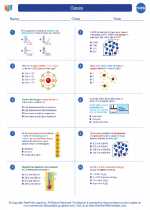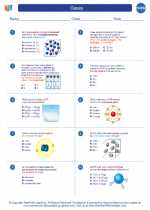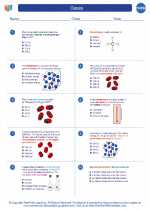Kidneys
The kidneys are vital organs in the human body that play a crucial role in maintaining overall health and homeostasis. They are responsible for filtering and removing waste products and excess fluids from the blood, as well as regulating electrolyte balance and blood pressure.
Anatomy of the Kidneys:
The human body has two kidneys, each located on either side of the spine, just below the rib cage. The kidneys are bean-shaped organs and are about the size of a fist. Each kidney is made up of millions of functional units called nephrons, which are responsible for the filtration and excretion of waste products.
Functions of the Kidneys:
- Filtration: The kidneys filter the blood to remove waste products, such as urea, uric acid, and excess ions, which are then excreted in the urine.
- Regulation of Fluid and Electrolyte Balance: The kidneys help regulate the body's fluid and electrolyte balance by adjusting the excretion or retention of water and ions, such as sodium, potassium, and calcium.
- Regulation of Blood Pressure: The kidneys play a key role in regulating blood pressure by controlling the volume of blood and the constriction or dilation of blood vessels.
- Production of Hormones: The kidneys produce hormones such as erythropoietin, which stimulates the production of red blood cells, and renin, which is involved in the regulation of blood pressure.
Common Kidney Disorders:
Several disorders can affect the kidneys, including:
- Chronic kidney disease (CKD): A long-term condition where the kidneys gradually lose function over time.
- Kidney stones: Hard deposits of minerals and salts that form in the kidneys and can cause severe pain when passing through the urinary tract.
- Urinary tract infections (UTIs): Infections that can affect the kidneys, ureters, bladder, and urethra, leading to symptoms such as pain, fever, and frequent urination.
Study Guide:
To study the topic of kidneys effectively, consider the following key points:
- Understand the anatomy of the kidneys, including the structure and function of nephrons.
- Learn about the physiological processes involved in filtration, reabsorption, and secretion within the nephrons.
- Explore the regulatory functions of the kidneys, including their role in maintaining fluid and electrolyte balance, as well as blood pressure regulation.
- Identify common kidney disorders and their causes, symptoms, and potential treatments.
- Consider the impact of lifestyle factors, such as diet and hydration, on kidney health.
By mastering these key concepts and studying the intricate functions of the kidneys, you can gain a comprehensive understanding of this vital organ system and its importance in maintaining overall health and well-being.
.


